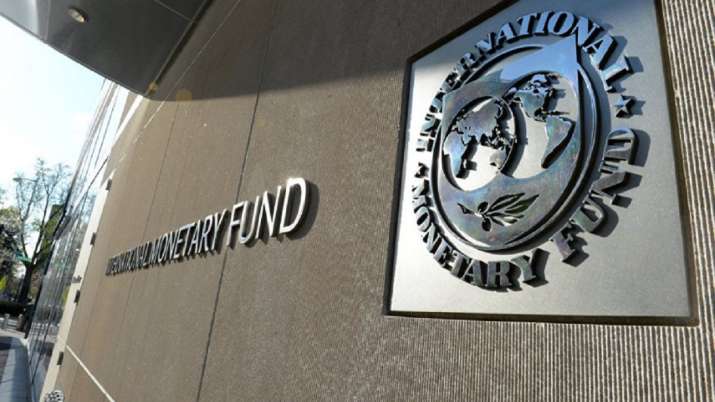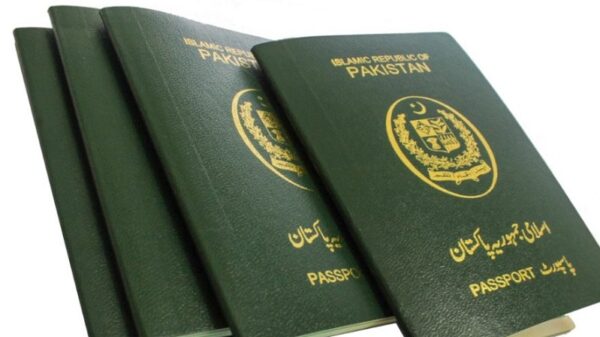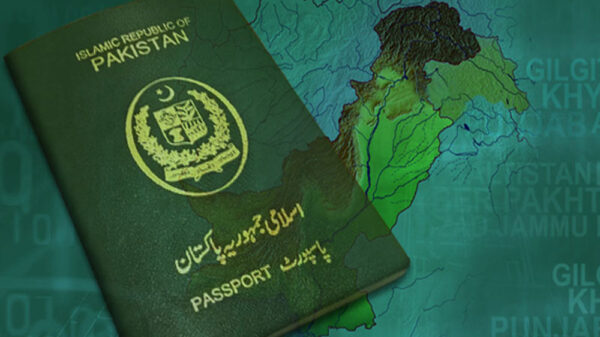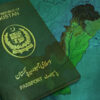ISLAMABAD: To reach an agreement with the International Monetary Fund (IMF) for revival of its programme, the government on Wednesday announced that it’s going for ‘rationalisation of taxes’ to bridge over Rs450bn gap in revenues it had given up on petroleum products to keep their prices one of the lowest in the world.
“We will have to definitely rationalise taxes but I would not disclose more about the IMF programme at this stage,” said Adviser to the Prime Minister on Finance and Revenue Shaukat Tarin while speaking at a joint news conference with Energy Minister Hammad Azhar.

“We have reached very close to the agreement. Take my assurance. Only one or half of things are outstanding and that is currently under discussion… would be settled,” Mr Tarin added.
The presser that happened to be the first public appearance of Mr Tarin as adviser and after closure of negotiations with IMF last weekend had been called to announce financial package approved by the Kingdom of Saudi Arabia in the form of $3bn in safe deposit and $1.2bn worth of petroleum product supplies on deferred payments.
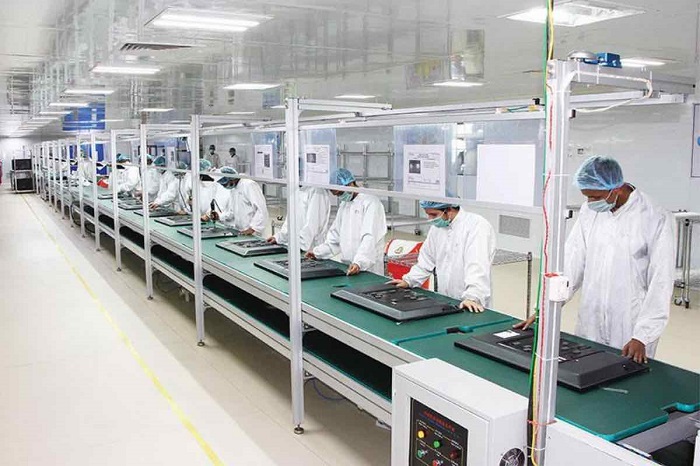
Talking about the IMF programme, Adviser Tarin asserted that everything, including fiscal, had almost been settled when he left Washington. When he returned from New York to Washington, it was to settle some loose ends, he explained. “This IMF (programme) will be done. Take my word and remove this uncertainty,” he reiterated.
In response to a question, the adviser made it clear tax measures did not come under discussion with the IMF and ‘only principles and policies’ were negotiated. When it was about revenue collection, targets for fiscal and primary accounts were negotiated and what the IMF wanted here was that primary account – the difference between revenues and expenditures excluding debt servicing – should be in surplus, he said. “Obviously they ask how we are going to bridge the gap when we do not collect petroleum levy after targeting it at Rs600bn in budget,” Mr Tarin reasoned.
Since Pakistan had Rs175bn higher than the targeted revenue collection in the first quarter of the year, it was reported that how the difference would be covered, he said. However, the government would then be facing deficit in non-tax revenues and even though FBR revenues were higher they got distributed among the provinces and had minimal impact on federal fiscal position.
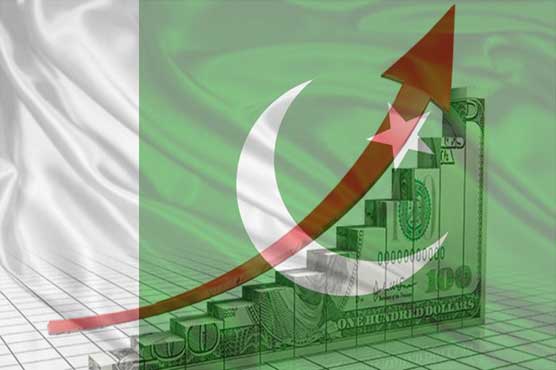
The energy minister told the presser that the government had waived about Rs450bn in the form of general sales tax and petroleum levy on oil products but was coming under increasing pressure why the taxes had been given up on petroleum items. He said the loss of GST and PL on petroleum items obviously had a revenue impact and the government had to meet it from other revenue avenues.
Talking about the Saudi package, Mr Tarin said he had announced in June and then in September about an agreement with the Kingdom on the request of Prime Minister Imran Khan for $1.5 to $1.8bn support at the rate of $150 million per month for supply of oil products on deferred payment but its details could not be finalised for some reasons.
He said during Mr Khan’s recent visit Crown Prince Mohammad Bin Salman was reminded about the agreement in principle on oil facility and reported that it had not been operationalised so far. The crown prince was also apprised that since the $3bn safe deposit with the State Bank in 2018-19 had greatly helped Pakistan, such arrangement should also be looked into.
“On the spot, the crown prince approved the package,” Adviser Tarin said, adding the announcement that followed included $1.2bn for refined oil products for a year at the rate of $100m per month besides the $3bn safe deposit. “So it is $4.2bn annual package which is better than we had requested for $1.8bn annual support for oil supplies that would have translated into $3.6bn package for two years.”
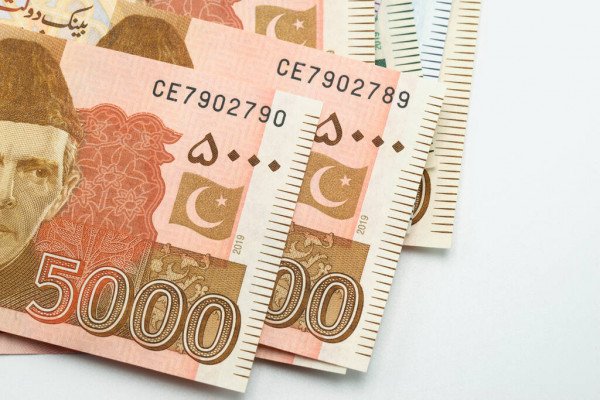
The terms and conditions of the package would remain same as they were in 2018-19 i.e. payable at an interest rate of 3.2pc per annum, he said.
The adviser said the government had been providing significant relief, which was incomparable with neighbours and rest of the world, to the people on petroleum products.
Minister Azhar said the international community was passing through a commodity cycle due to demand and supply issues arising out of stimulus packages announced by various countries and food and energy prices had seen three-four times hike. He said oil prices in Pakistan were lowest in the world, except for some oil producing countries.
Pakistan had not increase gas prices since 2019 whereas Europe had seen over 500 per cent increase in gas prices this year, the minister told the media before expressing the hope that prices would come down in about six months as the commodity cycle would end soon.


